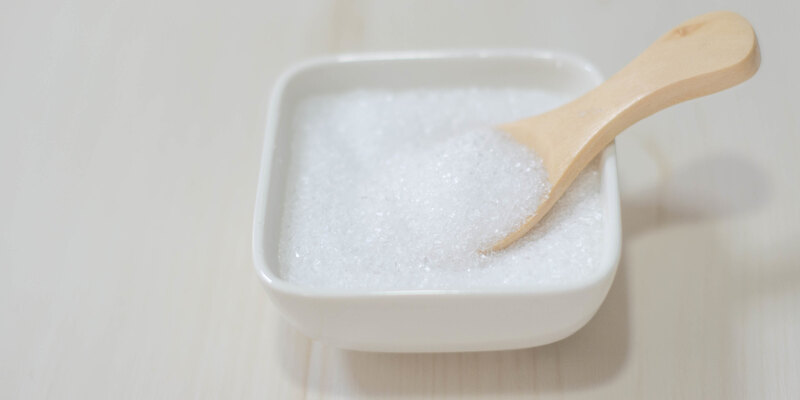The Health Benefits of Red Wine: What Seniors Need to Know

For centuries, red wine has been enjoyed as a staple of social gatherings and a complement to fine dining. Beyond its rich flavors and aromas, red wine has also been associated with a variety of health benefits, particularly for seniors. While moderation is key, a glass of red wine can be part of a healthy lifestyle. Here’s what you need to know about the potential health benefits of red wine as you age.
The Heart-Healthy Benefits
- Rich in Antioxidants
Red wine is packed with antioxidants, particularly a group called polyphenols, which are found in the skin of grapes. One of the most well-known polyphenols in red wine is resveratrol, which has been linked to heart health. Antioxidants help protect your cells from damage and may reduce inflammation in your body, both of which are important for maintaining heart health. - Improved Cholesterol Levels
Studies have shown that moderate red wine consumption can have a positive effect on cholesterol levels. Red wine may help raise HDL (good) cholesterol while reducing LDL (bad) cholesterol. This balance is crucial in reducing the risk of heart disease, a common concern as we age. - Lowered Risk of Heart Disease
Moderate red wine consumption has been associated with a lower risk of heart disease. The polyphenols in red wine may help protect the lining of blood vessels in your heart, promoting better circulation and reducing the risk of clots and blockages.
Supporting Cognitive Health
- Resveratrol’s Brain-Boosting Effects
Resveratrol, a key compound in red wine, has been studied for its potential to protect the brain as we age. Some research suggests that resveratrol may help preserve memory and cognitive function by reducing inflammation and preventing the buildup of harmful plaques in the brain, which are associated with conditions like Alzheimer’s disease. - Reduced Risk of Stroke
Moderate red wine consumption may also reduce the risk of stroke by promoting better blood flow and preventing clot formation. The combination of resveratrol and other polyphenols helps keep blood vessels flexible and reduces the likelihood of blockages that can lead to strokes.
Bone Health and Longevity
- Stronger Bones
As we age, maintaining bone density becomes increasingly important to prevent fractures and osteoporosis. Some studies have suggested that moderate red wine consumption may help improve bone density. The polyphenols in red wine may play a role in bone health by promoting the formation of new bone cells and slowing down the breakdown of old ones. - Longevity
The Mediterranean diet, which includes moderate red wine consumption, has long been associated with longevity and overall well-being. This diet emphasizes fruits, vegetables, whole grains, and healthy fats, with red wine as a regular but moderate component. The combination of healthy eating and a glass of red wine may contribute to a longer, healthier life.
Moderation is Key
While red wine offers potential health benefits, it’s important to emphasize moderation. For seniors, the recommended amount is generally one glass per day (about 5 ounces) for women and up to two glasses per day for men. Excessive alcohol consumption can lead to a host of health problems, including liver damage, increased risk of certain cancers, and negative interactions with medications.
Considerations for Seniors
- Consult Your Doctor
Before incorporating red wine into your routine, it’s essential to talk to your doctor, especially if you’re taking medication or have existing health conditions. Alcohol can interact with certain medications and exacerbate health issues, so it’s crucial to get personalized advice from your healthcare provider. - Know Your Limits
Everyone’s tolerance for alcohol is different, and as we age, our bodies process alcohol differently. Be mindful of how red wine affects you and adjust your consumption accordingly. If you notice any adverse effects, it’s best to reduce or eliminate your intake. - Alcohol-Free Alternatives
If you’re unable to drink alcohol but still want to enjoy the health benefits of red wine, consider alcohol-free versions that contain the same polyphenols without the alcohol content. These can be a great alternative for those who need to avoid alcohol but still want to support their health.
Conclusion
Red wine can be a delightful and beneficial addition to a healthy lifestyle for seniors when enjoyed in moderation. Its heart-healthy properties, potential cognitive benefits, and support for bone health make it an appealing option for those looking to enhance their well-being. However, it’s important to approach red wine with caution, ensuring it fits into your overall health plan and lifestyle.
So, whether you’re toasting to a special occasion or simply enjoying a quiet evening at home, a glass of red wine could be more than just a treat—it might also be a boost to your health. Cheers to that!






